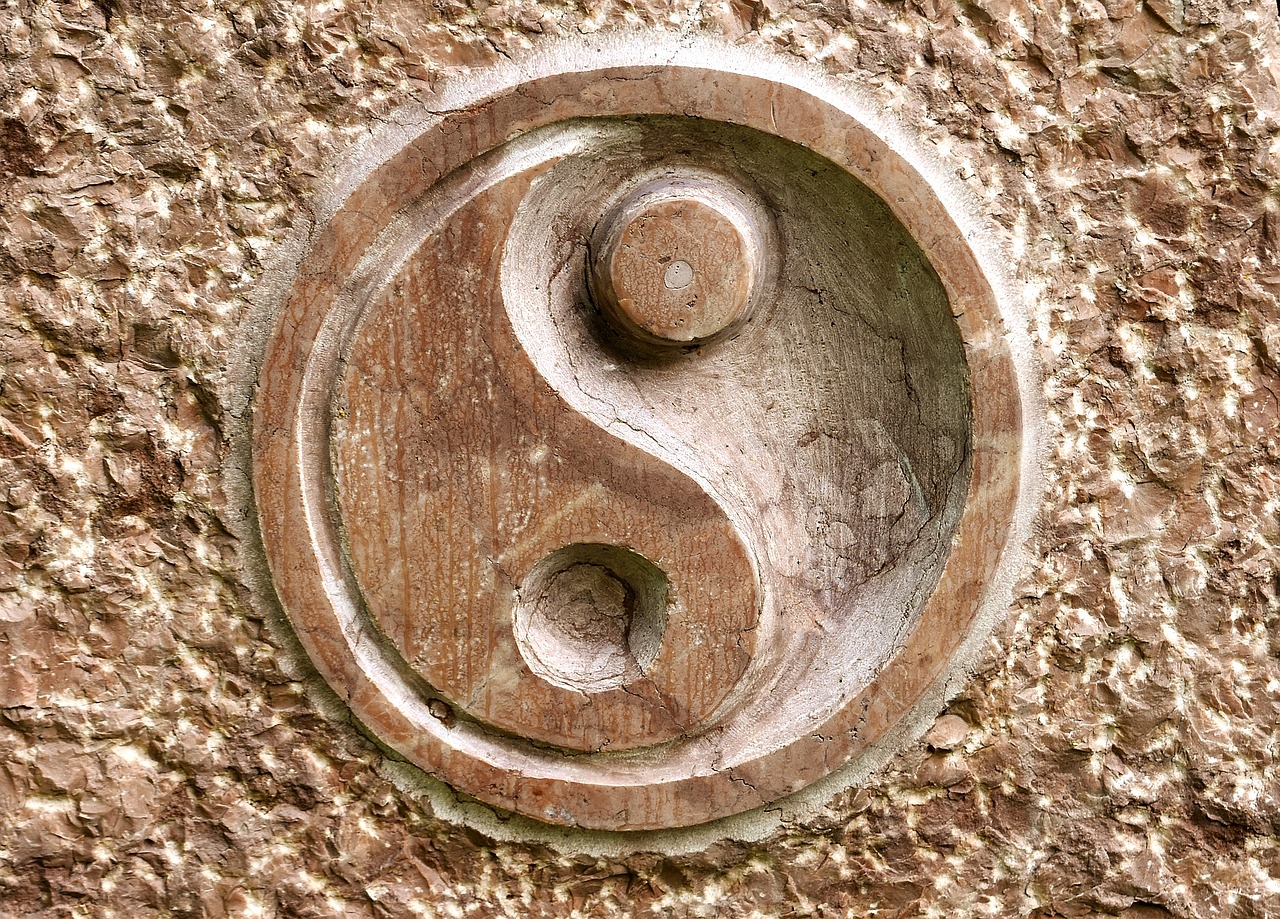Feng Shui Basics: Tips to Plan Your Home for Positive Energy

2018
Many of us planning our dream home also want our haven to have positive energy. Since you spend so much time in your home, it’s a good idea to make it a place that impacts you and your loved ones in the most positive way.
So, if you’re concerned about good energy in your home, these basic feng shui tips can help you retain chi energy when planning your new abode:
Location
Location plays a big role in the kind of energy that enters your home. Of course, you want your home to be surrounded by good energy that you can then receive into your home.
Tip:
Avoid a location that’s situated to receive negative energy. For example, a lot that’s perpendicular to a T intersection will be targeted by the lights of incoming traffic—which symbolize dragon’s eyes. Or a house with a sloping land behind it is devoid of supporting energy.
Entryway
Surrounding your home with good energy is a great step, but it isn’t enough. You have to make sure that positive energy can enter, stay and strengthen your home.
Tip:
Make sure there are no elements directly opposite your front door that push out the positive energy entering through it. For example, avoid a door or stairs from where energy can escape from your main floor to other floors, or a mirror that can reflect the energy back outside.
Bedroom
You spend most of the time in your bedroom sleeping in your bed, which makes it the most important piece of furniture in the room. What’s more, sleeping is a passive activity so you want to position your bed so it receives strong energy.
Tip:
Place the bed so it’s in a commanding position. The headboard shouldn’t be above a fireplace or cook top on the floor below it. Also, avoid placing the bed so you sleep with your feet facing the door of the bedroom—that is the position in which one is taken out when they pass away.
Bathroom
Bathrooms are places that drain out water from your home, so they’re often seen as a space that good energy can also be sapped out from.
Tip:
When planning bathrooms, try to minimize this draining effect on your home. For example, never place a bathroom above your entryway. For an ensuite bathroom, make sure the toilet isn’t against the same wall as your bed.
Kitchen
Your kitchen is where you cook so it’s a place that has a nurturing quality that’s also linked your family’s health and prosperity. But it’s also a place that has the energy of fire.
Tip:
Your kitchen should be located so it can retain its positive energy, while the stove, with its fire, isn’t placed in a threatening location. A kitchen at the back rather than the front of the house will retain good fortune. Also, avoid placing a bathroom or staircase near your kitchen, or placing your stove directly below a bed on the floor above it.
Numbers
At an advanced level, your birthdate and sign will dictate how things should ideally be placed in your home. But you can incorporate some basic feng shui number rules into the design of your home to attract some chi energy.
Tip:
Avoid numbers that Feng Shui believes to represent bad fortune. Don’t go for a design that uses two columns, which are reminiscent of two candles at a funeral service. Similarly, the number four is also reflective of death, something you don’t want in your home.
As you search for your next home or work with your architect to design your new home, these basic feng shui rules will help you identify elements that can fill your dream home with positivity and good fortune for the future. An added bonus: you’ll most likely also up the value of your property.
Lorne Rose Architects are experts on feng shui residential design. Contact us if you would like to discuss more ideas on how we can help you incorporate good feng shui in your new home.
Categorized in: Helpful Resources, Lorne Rose Architect, Uncategorized
